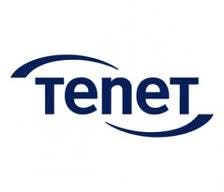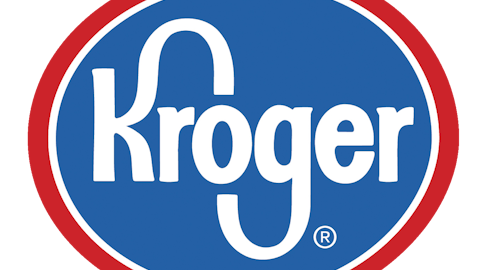Ever since the Supreme Court upheld the Patient Protection and Affordable Care Act (nearly in its entirety) last June, we’ve been examining nearly every facet of the transformative health reform law.

Source: White House on Flickr.
Known also as Obamacare, the PPACA offers a lot of promise to improve the transparency of the health care system, expedite the process of obtaining health insurance, and greatly expanding the number of individuals who have health insurance. As we’ve also conjectured, it has some potential downfalls, which may include failing to reduce insurance premium prices and placing a larger burden on the middle class.
As the implementation date grows nearer for Obamacare, a set of surprising new repercussions that few saw coming are beginning to rear their head. While not devastating, the following possibilities do have the potential to negatively impact your health care, the health of your portfolio, and the economy as a whole.
1. Hospitals are cutting back on capital expenditures.
The hospital sector has been revered as the biggest winner of all under the new health care reform — and it’s not hard to understand why. The two largest hospital operators in the U.S., HCA Holdings Inc (NYSE:HCA) and Tenet Healthcare Corp (NYSE:THC), both lost a significant sum of their revenue to doubtful accounts last year by treating patients who were unable to pay their bill. For HCA Holdings Inc (NYSE:HCA), this figure totaled close to $3.8 billion, while it was a more subdued $785 million for Tenet Healthcare Corp (NYSE:THC). The individual mandate portion of the PPACA, which requires everyone to carry health insurance, should go a long way to eliminating a good chunk of this doubtful provision.
However, leading up to the implementation of Obamacare, hospitals have a lot of questions to face. Specifically, what happens if uninsured people aren’t given the proper training on how to purchase health insurance through the new state-run exchanges, or what happens if the state-run exchanges have technical glitches? The answer to that question is that doubtful accounts may fall by a much smaller sum than expected.
One of my hypotheses until now had been that Obamacare’s positive effect on reducing doubtful provisions could allow hospital operators to purchase state-of-the-art equipment that would improve patient care and provide differentiation from other hospitals (i.e., a comparative advantage). We actually may be seeing the opposite of this occurring, with hospitals holstering their spending until a few quarters after the implementation of the PPACA to get a better sense of how many people actually purchased health insurance versus those who are simply choosing to take the end-of-the-year penalty.
This, I proposed earlier this week, could be the reasoning behind weaker sales of the Intuitive Surgical, Inc. (NASDAQ:ISRG)‘s da Vinci robotic surgical system. The robotic soft tissue surgical device tends to be costlier than standard laparoscopic procedures, but can reduce hospital stays compared to traditional surgery, possibly making it a cheaper overall option for some people. The device itself, though, costs well beyond $1.5 million, which is a cost that many hospitals would rather not endure with so many question marks still surrounding Obamacare. All told, Intuitive sold just 143 of its devices in the U.S. this quarter compared to 150 last year.
2. Insurance companies are being stingier with their approved procedures/medications.
In contrast to the hospital sector, few industries were expected to be hit harder from Obamacare than the insurance industry.
A year ago, the insurance sector was viewed as a rather opaque marketplace where insurers could raise their premiums at will to cover the costs of medical care. Under the new Obamacare, insurers will be required to spend at least 80% of their premium collected on medical care for their members or return the difference. The obvious beneficiary here should be the plan members, who will either receive much needed medical care or get reimbursed.




